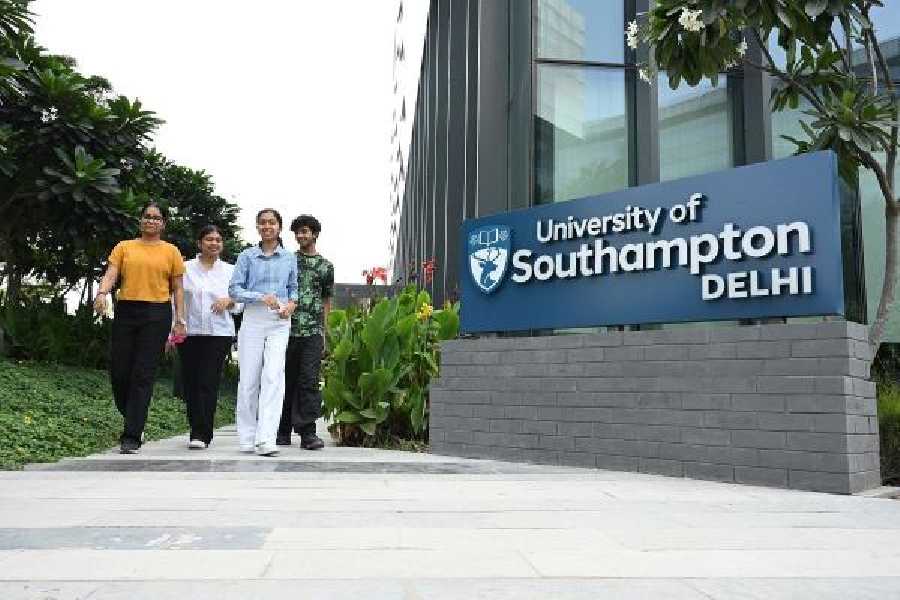Eight more British universities will start operations in India soon, following the University of Southampton’s opening of a Gurgaon campus in July, India and Britain announced after a meeting between Prime Ministers Narendra Modi and Keir Starmer in Mumbai on Thursday.
Some Indian academics expressed fear that the entry of so many foreign institutions would lead to lower funding for Indian public universities. They also underlined that these foreign institutions were likely to charge high fees, and would be allowed to make profits and take the money back home.
The eight universities expected to set up Indian campuses are the University of Liverpool, Lancaster University (both in Bengaluru), University of York, University of Aberdeen, University of Bristol (all in Mumbai), Queens University of Belfast, Coventry University and the University of Surrey (all in Gift City, Gandhinagar).
The five campuses in Bengaluru and Mumbai will operate under the University Grants Commission’s regulations for foreign institutions, which make research a mandatory activity apart from teaching.
The three campuses in Gandhinagar will operate under the regulations of the International Financial Services Centres Authority, a regulatory body for SEZs like Gift City. It’s unclear yet whether they will be bound to conduct research.
“It is a matter of great pleasure that nine UK universities are going to set up campuses in India,” Modi said at the joint news conference.
Starmer said: “All British universities will be setting up campuses right here in India, making Britain India’s largest international provider of higher education.”
A media statement from Starmer’s office said the UK’s higher education sector would boost Britain’s economy by £50m through the expansion of British universities in India.
“Currently, there are 40 million students at university in India, but 70 million places are needed by 2035,” the release said.
“The UK’s world-renowned higher education sector is capitalising on that demand by giving thousands of Indian students the chance to study for a UK degree without leaving home — while bolstering our economy by millions of pounds.”
The Universities of York, Aberdeen, Bristol, Liverpool and Coventry and Queen’s University Belfast will open their Indian campuses next year, the release said.
Furqan Qamar, former vice-chancellor of the Central University of Himachal Pradesh, expressed concern at the possible fallout for Indian public universities.
“Under-investment in public higher education would make them comatose. The quality of education in the public universities will suffer,” Qamar said.
He suggested that foreign universities coming to India might not stem the tide of Indian students travelling abroad for higher studies.
UGC regulations allow foreign universities to evolve their own admission processes and criteria and decide the fees and salaries as well as the conditions of service
for faculty.
While education is a not-for-profit sector in India, the UGC regulations allow foreign institutions to repatriate their earnings from India to their parent institutions abroad.
A retired University of Hyderabad professor said: “The government’s slogan of turning India into a Vishwaguru (teacher of the world) does not go with the opening of so many foreign universities in India.”
He added: “These universities will charge very high fees, make profits and take (the money) back (home).”
In a written reply in the Rajya Sabha on August 20, junior education minister Sukanta Majumdar had said the UGC had issued 12 letters of intent to higher education institutions in Australia, Italy, the UK and the US to open campuses at various Indian cities, including Bengaluru, Delhi-NCR, Mumbai and Chennai.










